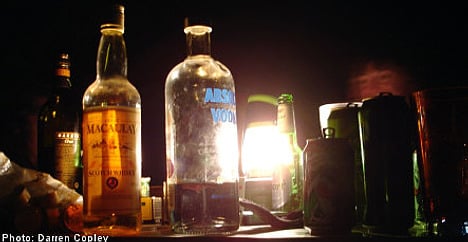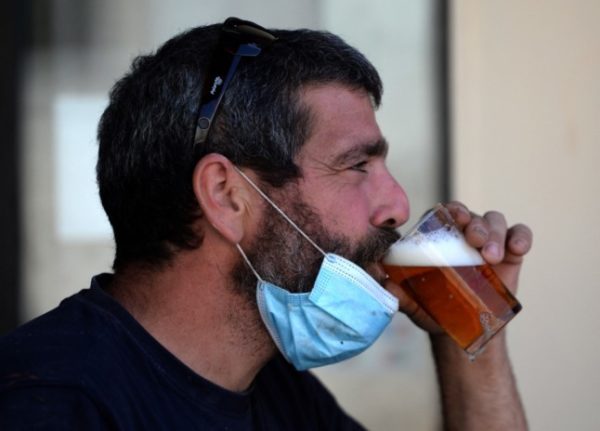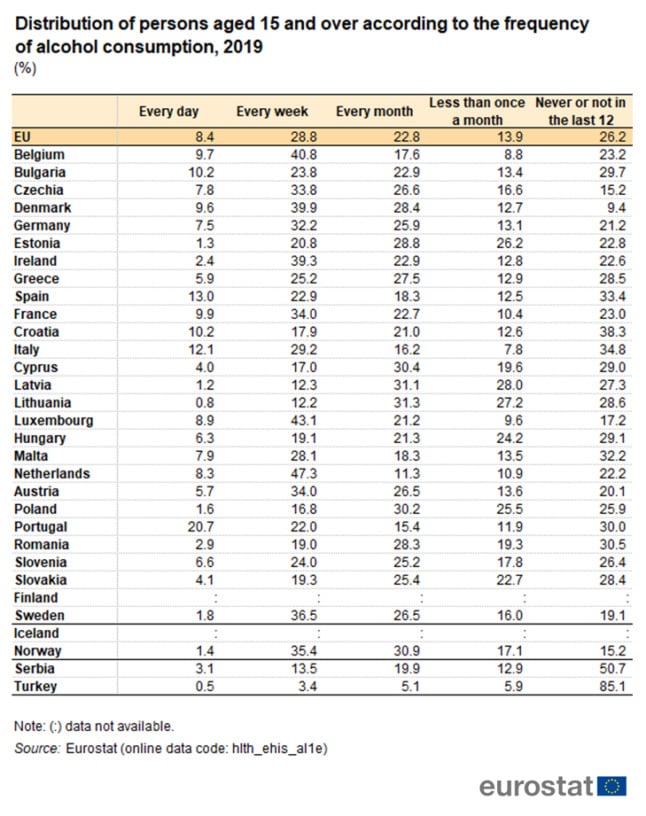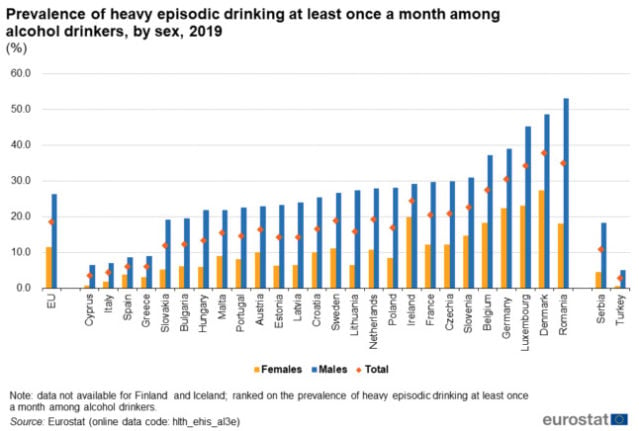Usually, the licensing authority in Stockholm gets around a hundred applications a year, but since January they have already received over fifty.
“We have no idea whether this will change when the novelty wears off or if it will continue like this throughout the year, “ said Anders Häregård, head of the licensing authority in Stockholm, to news agency TT.
According to the new rules, the food served on the premises must be “cooked or in other ways prepared”, but doesn’t necessarily have to be served hot.
The change allows cafés, sushi restaurants and salad bars to acquire a liquor licence, something that was prohibited under previous rules.
In other parts of the country there is also an increase in interest.
“We have had a lot of queries from sushi bars and cafés but so far we haven’t seen an increase in applications, “ Per-Eric Gällblad, head of the licensing authority in Malmö, in the south of Sweden, told TT.
Other novelties include catering companies being able to obtain a liquor licence and wine tastings being allowed at fairs and at local vineyards.
But getting a licence isn’t necessarily easy under the new rules. Since the beginning of the year they stipulate that the applicants have to pass a test on Swedish alcohol laws in order to qualify.
And this test has proven very difficult, according to Häregård. Out of 40 applicants, only one was successful at the first attempt, he told TT.
Due to the poor results, the Swedish National Institute on Public Health (Folkhälsoinstitutet), the authority responsible for the test, will review the questions.
According to statistics from the Institute, the number of licences has increased since the 1990s.
Today municipalities regulate licence granting, a fact that has been criticised by Swedish temperance movements, calling for it to be centralized.
The new licensing laws were meant to come into effect by July 2010, but after discussion with the EU commission they were postponed until January 2011.





 Please whitelist us to continue reading.
Please whitelist us to continue reading.
Member comments